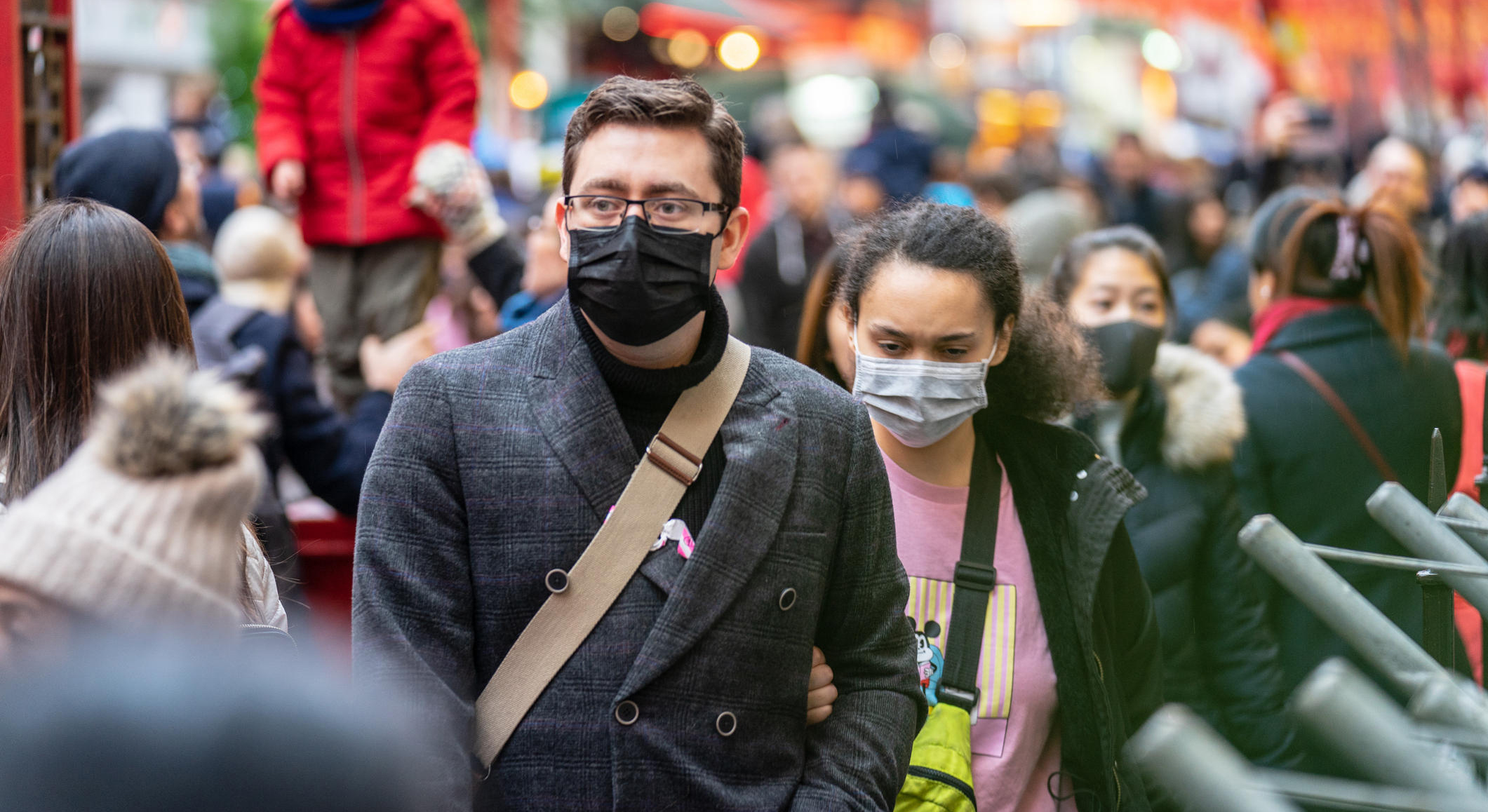REPORTS FROM INDIA


Written for JESPIONNE

Meena Jehan
Foreign direct investment is an investment that allows for an entity based in one country to own 10% or more of stake in a foreign market . The minor change to the Indian FDI policy earlier last week sparked outrage from China. The new policy states that countries who share land borders with India are mandated to have prior clearance from the
Indian government before they can invest. Foreign direct investment technically works by a foreign entity owning 10% or more of the company. These investments are especially useful to India due to its emerging economy. These investments allow for a market to grow quickly by providing financing to developing countries, which is used for


Employee wages and modern technology. This boom in industry has allowed for India to grow into a major competing country in the world of tech and has allowed for employers to raise the standard of living due to better opportunities and wages. Foreign business investments can greatly aid in developing industries, but it can also give investors an unnecessary amount of power and decision making within the companies that they invested in. Amid the COVID-19 crises the economist and policy makers of both India and other countries have been protecting their economies. Since many countries are left vulnerable from the lack of industry and the slow of production, foreign investments can aid in keeping small and medium businesses running. There has been speculation
that India has made this new policy from information that they received of China taking over several entities in India. Dexter Roberts, former China Bureau Chef for Bloomberg Business , describes how the COVID-19 has impacted Chinas economy, “And as we well know, this epidemic is hitting both demand and supply. And so I think the reality is as China starts to get back to work- and particularly in the cities we’re seeing something akin to normalcy again; not fully back, but things are becoming a little more regularized – but the rest of the world, as we know, is in the midst of shutting down its economies” ( Dexter Roberts 2020). This lack in demand from the rest of the world has caused a 17% drop in exports. With major areas of the world such as North America and Europe now seeing the highest



numbers these of COVID-19 cases, countries have had to decrease non-essential expenditures. Chinese investors currently own major stakes in 18 of 30 of India’s Unicorns. Unicorn is a term used for start up businesses that is valued at 1$ billion USD or more UDS . The majority of China’s investments in India go to technology and the hold a major influence in how the tech sector carries out business. China currently has $6.3 billion USD FDI in India. China has claimed that India’s new FDI restrictions is discriminatory to China. They have taken up their claims with the World Trade Organization. India implemented this new policy to avoid “hostile takeover” while the economy is vulnerable. According to the article Chinese Investments in India’s Neighborhood written for Indian think tank Gateway House, China already has its mark on the economy of India, “… China is thinking geo-economics. It is investing in the financial system of these countries. Bejing has
has taken stakes in the Dhaka and Karachi stock exchanges and cultivated a Yuan trade between China and Pakistan. It is establishing China-based courts for arbitration of BRI disputes” (Amit Bhandari). This raises concern for India, because of how its financial and governing systems could be influence by China. Although Chinese investors have helped to grow Indias industries, especially in the tech sector, the COVID-19 outbreak could make India into another sector of China. India is a culture rich state that has prided itself in independence and ingenuity. Therefore, government officials find it necessary to take precautions in regards to foreign entities that may harm these values.

Photos by
Drago, A. (2020, February 25). Honor Guards [Photograph]. Reuters. Gyanvati, a migrant worker, cooks food for her family after she returned home from New Delhi during nationwide lockdown in India [Photograph]. (2020, April 8). Reuters. Siddiqi, D. (2020, April 8). Shivam Kushwaha [Photograph]. Reuters.
TAGS
Economy /FDI /India /China /Jespionne /Tech

July 1 st, 2020




























